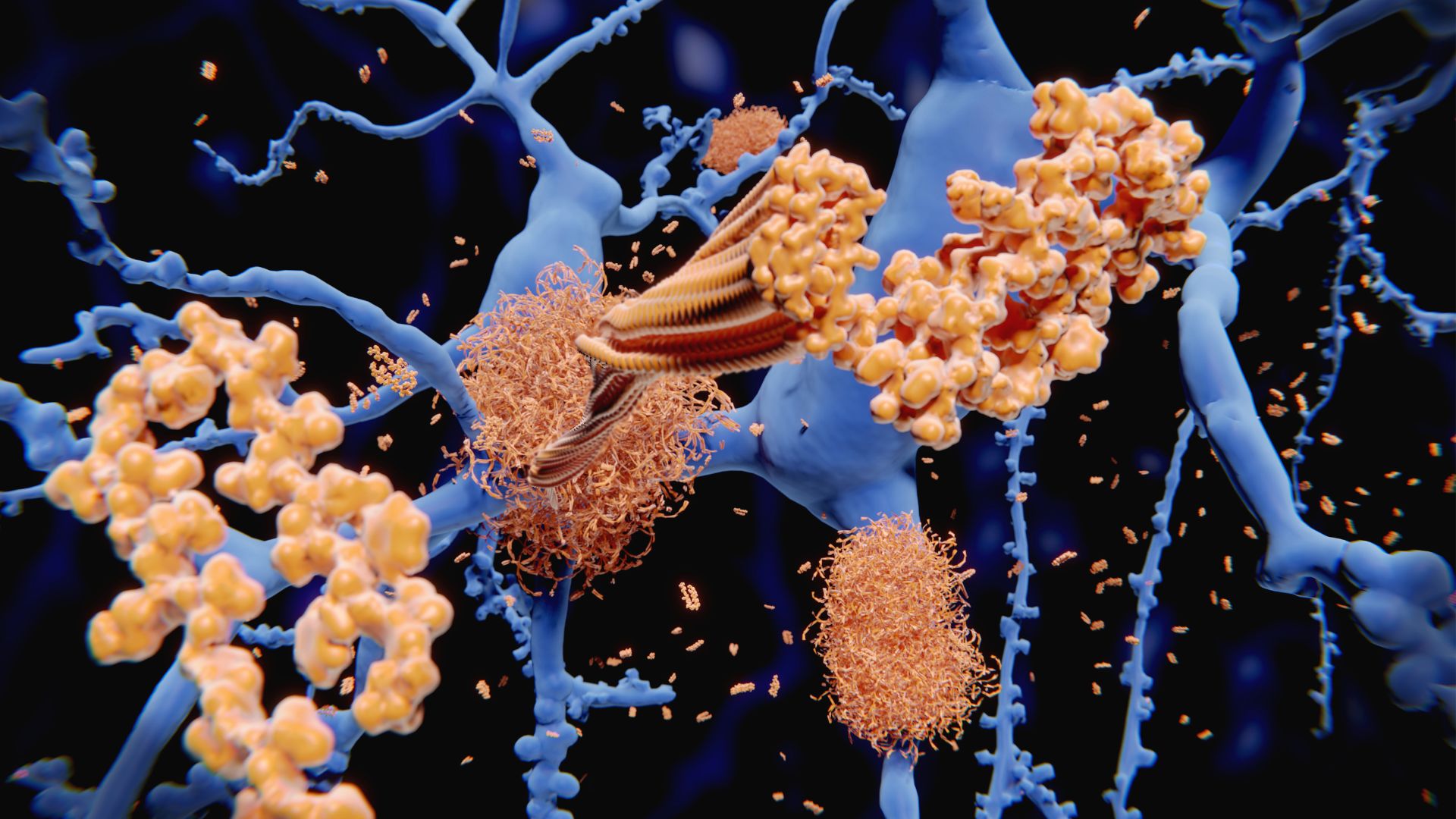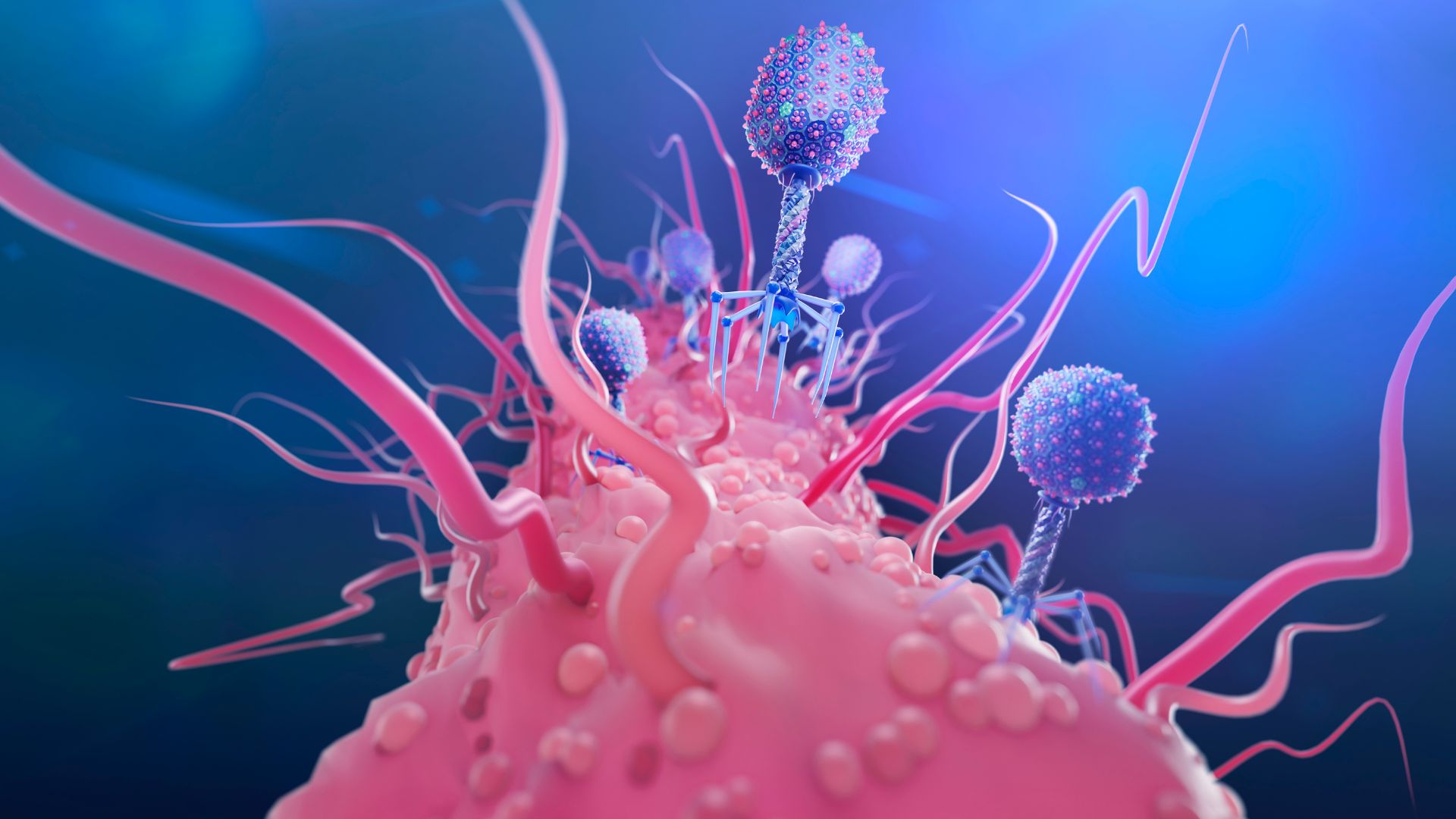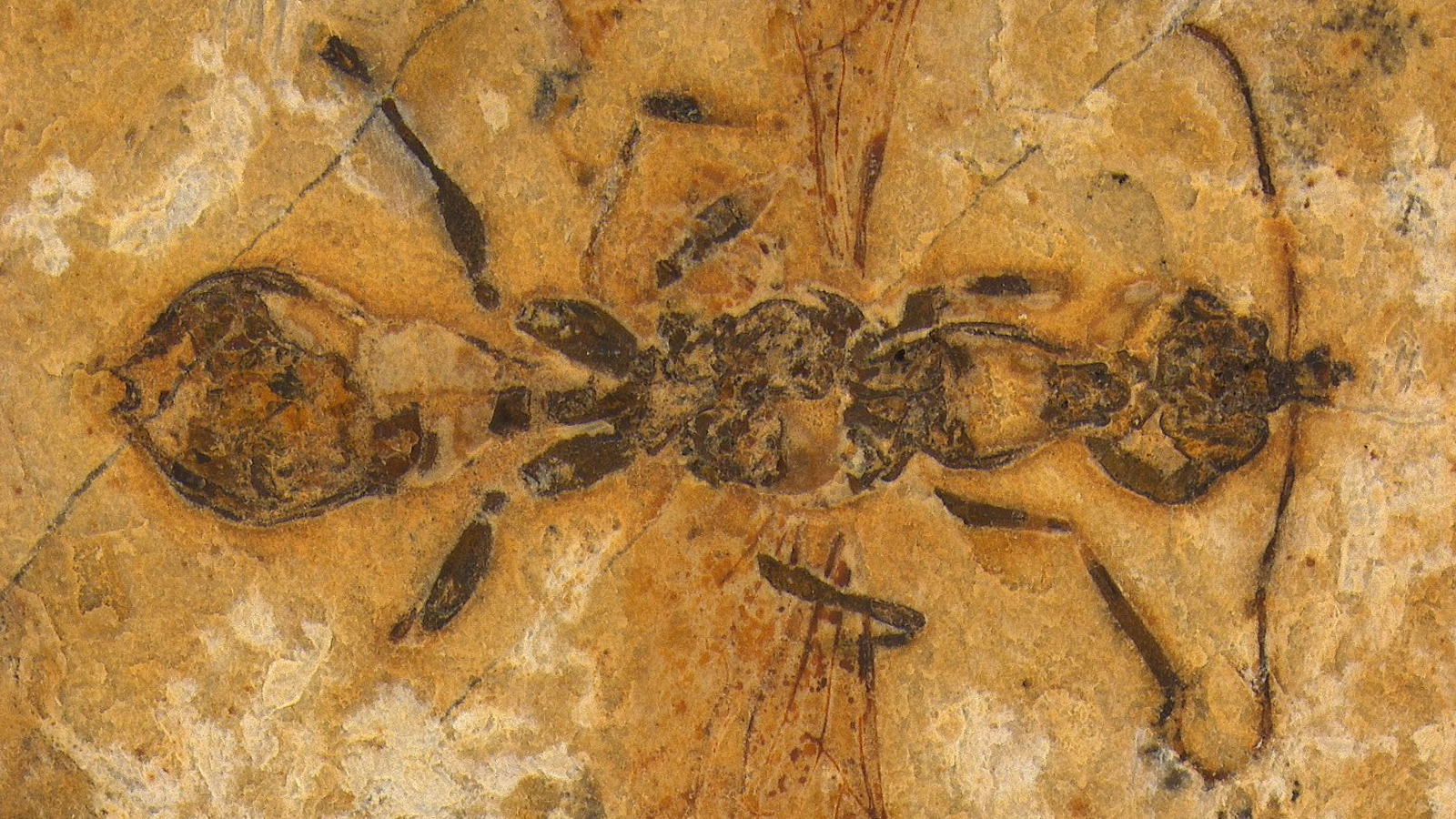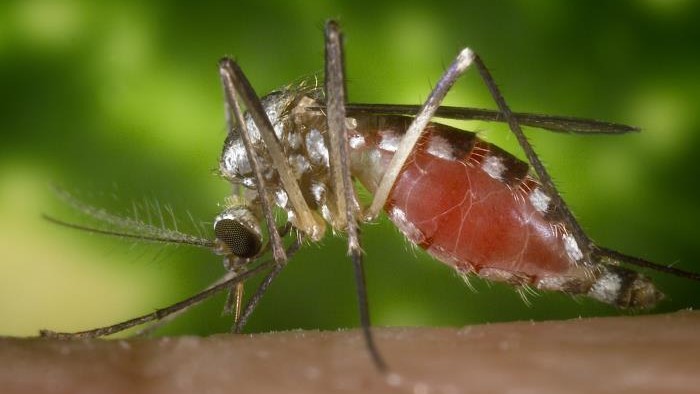Editor's pick: Our biggest health stories of 2023
Health channel editor Nicoletta Lanese looks back on some of our standout health stories from the past year.

This year brought the the approval of medicines that could be paradigm-shifting: January brought a new drug for Alzheimer's that's only the second of its kind, May saw the first-ever gene therapy for a rare, debilitating skin-blister disorder, and as of June, psychedelics can now be used as psychiatric treatments in Australia. (With trials ongoing in the U.S., we could be close behind on that last one.)
But arguably, the most formative development we witnessed in medicine this year was the approval of the world's first therapy built upon the gene-editing tool CRISPR.
It's been only 11 years since CRISPR was launched to fame as a gene-editing system, thanks to a seminal 2012 paper. It's remarkable that scientists have been able to rapidly co-opt the microbial defense system as useful medicine. And from its advent, CRISPR was predicted to be a potential game-changer for conditions like sickle-cell disease — meaning conditions that have a discrete, well-defined genetic cause — and it's encouraging to see that prediction now come true.
And there will be more CRISPR news coming in 2024, as additional therapies for everything from HIV to high cholesterol move through trials. I think we'll someday look back on the approval of the first CRISPR therapy in terms of "before and after" — it may well mark the start of a new era in medicine, one that comes with ethical quandaries we haven't fully tackled yet.

REPROGRAMMING INFLAMMATION: Our health reporter Emily Cooke wrote about one of our bodies' superheros that can sometimes become a villain: inflammation. Scientists are working to reign in chronic inflammation in the body — rather than switching it all the way off, which would hobble the immune system, they're developing strategies to simply turn down the dial. Is there a way to turn harmful, ongoing inflammation back into a helpful, transient defense strategy?

RETIRING ANTIBIOTICS: I wrote about up-and-coming medicines that could replace antibiotics, which are growing less effective by the year. The spread of antibiotic resistance represents a major threat to humanity, making common infections harder to cure. We need to find drugs that are invulnerable to drug resistance, so scientists are looking to tiny, protein sabers; precisely engineered molecules; bacteria-killing viruses; and CRISPR.
HONORABLE MENTIONS: The global effort to end the AIDS epidemic by 2030 is still going strong — but faces tall hurdles. In the meantime, we've seen a few people join the short list of individuals who have potentially been cured of HIV. In a big shift, the FDA retired its rule that drugs must be tested in animals to be approved. Potential alternatives to animal testing, such as organoids, have grown more sophisticated and some have even been harnessed in computer systems. And finally, 2023 brought us the first draft of the human "pangenome" and most detailed map of the human brain ever conceived — so even as drug development advances at a rapid pace, we're still learning about the fundamentals of what makes us human.
Sign up for the Live Science daily newsletter now
Get the world’s most fascinating discoveries delivered straight to your inbox.
As always, thanks for reading, and we'll see you in 2024!

Nicoletta Lanese is the health channel editor at Live Science and was previously a news editor and staff writer at the site. She holds a graduate certificate in science communication from UC Santa Cruz and degrees in neuroscience and dance from the University of Florida. Her work has appeared in The Scientist, Science News, the Mercury News, Mongabay and Stanford Medicine Magazine, among other outlets. Based in NYC, she also remains heavily involved in dance and performs in local choreographers' work.










